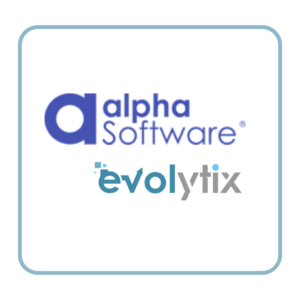Data democratization is a vital aspect of modern education, offering educators the opportunity to enhance teaching effectiveness, personalize learning experiences, and foster collaboration among stakeholders. Here’s why data democratization is so crucial for educators:
Personalizing Learning
- Understanding Student Needs: Access to student data allows educators to gain insights into individual learning styles, strengths, and areas where students may need additional support. This enables teachers to tailor their instructional approaches to meet the diverse needs of their students, fostering a more personalized learning environment.
- Adapting Instruction: With data at their fingertips, educators can quickly identify which instructional methods and resources are most effective for their students. This adaptability ensures that teaching strategies are continuously refined to maximize student engagement and learning outcomes.
Improving Student Outcomes
- Tracking Progress: Regularly monitoring student performance data enables educators to track progress over time, identify learning gaps, and implement targeted interventions to support struggling students. This proactive approach to student support can significantly improve academic outcomes and reduce achievement gaps.
- Enhancing Accountability: Data democratization encourages educators to take ownership of student outcomes and accountability for their teaching practices. By regularly reviewing and analyzing data, educators can assess the impact of their instructional strategies and make necessary adjustments to ensure student success.
Facilitating Collaboration and Communication
- Collaborative Planning: Shared access to data promotes collaboration among educators, allowing them to collaborate on curriculum planning, resource development, and instructional strategies. This collaborative approach fosters a culture of shared responsibility and continuous improvement within educational institutions.
- Stakeholder Engagement: Data-driven insights can be shared with parents, guardians, and other stakeholders to foster open communication and collaboration in supporting student learning. Transparent access to student data can strengthen the home-school partnership and engage the broader community in educational initiatives.
Empowering Educators
- Professional Development: Access to data enables educators to engage in reflective practice, identify areas for professional growth, and pursue targeted professional development opportunities. This self-directed approach to professional growth empowers educators to continuously improve their teaching practices and enhance their effectiveness in the classroom.
- Informed Decision-Making: Data democratization equips educators with the information they need to make informed decisions about curriculum, instructional strategies, and resource allocation. This evidence-based approach to decision-making ensures that educators can confidently advocate for the needs of their students and classrooms.
Promoting a Culture of Continuous Improvement
- Evidence-Based Practices: Embracing data democratization encourages educators to adopt evidence-based practices and teaching strategies that have been proven to be effective. This focus on empirical evidence ensures that teaching practices are grounded in research and data, leading to improved student outcomes.
- Adapting to Change: In an ever-changing educational landscape, data democratization equips educators with the flexibility and adaptability to respond to emerging trends, challenges, and opportunities in education. This agility ensures that educators can effectively navigate change and continue to meet the evolving needs of their students.
Conclusion
Data democratization is essential for educators as it empowers them with the information, insights, and tools they need to enhance teaching effectiveness, personalize learning experiences, and foster collaboration among stakeholders. By embracing a culture of data transparency, evidence-based decision-making, and continuous improvement, educators can create a more inclusive, engaging, and effective learning environment that supports the success and well-being of all students.





